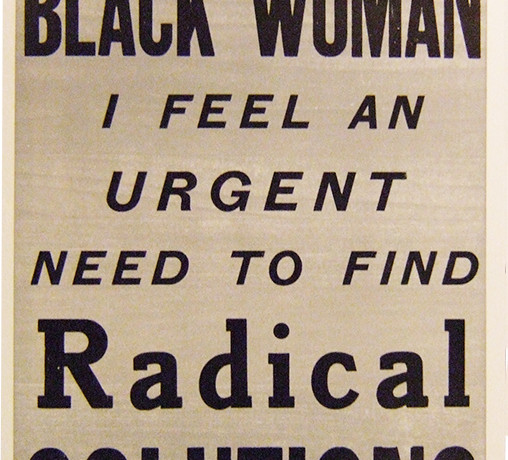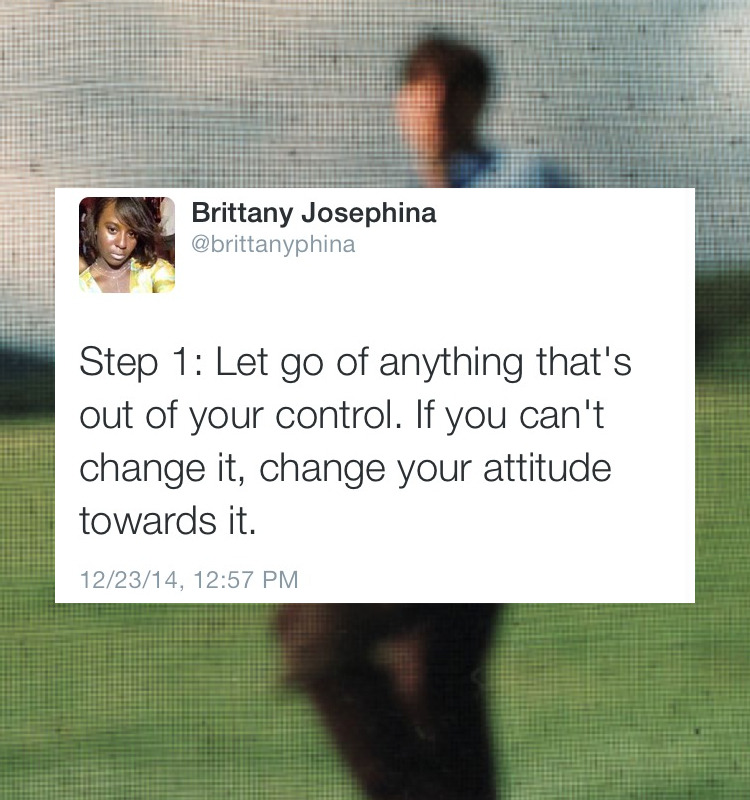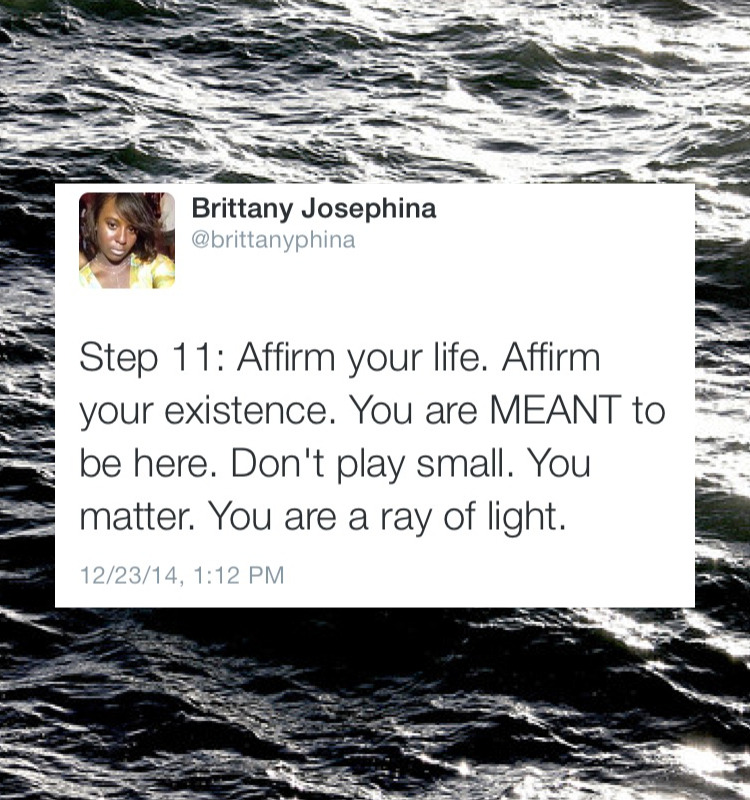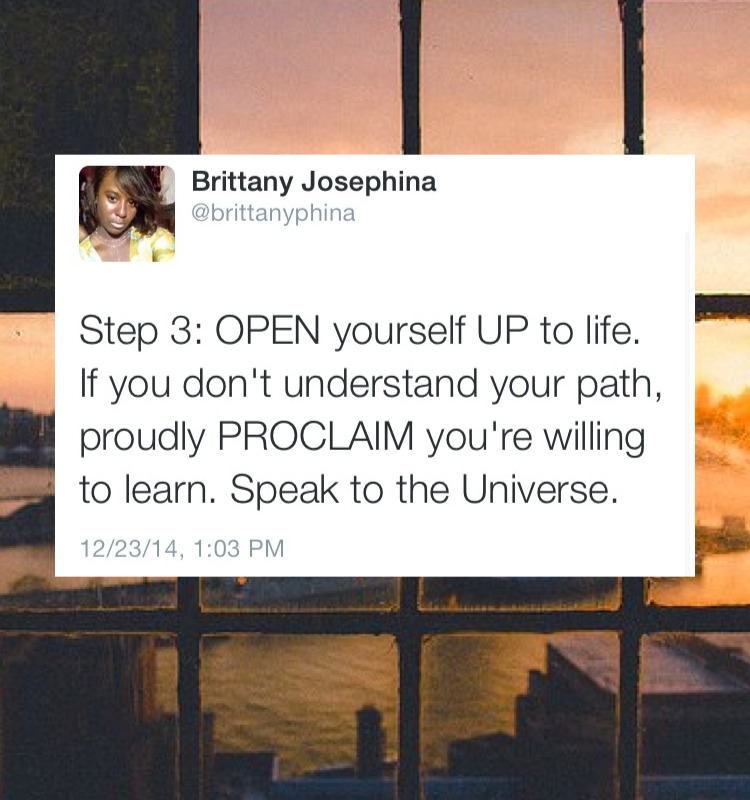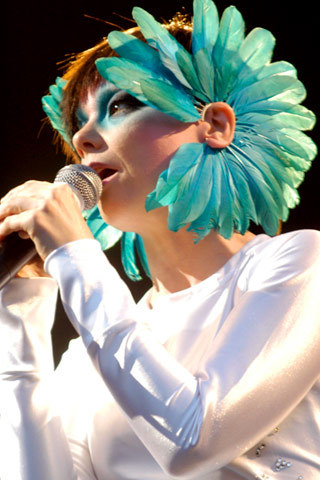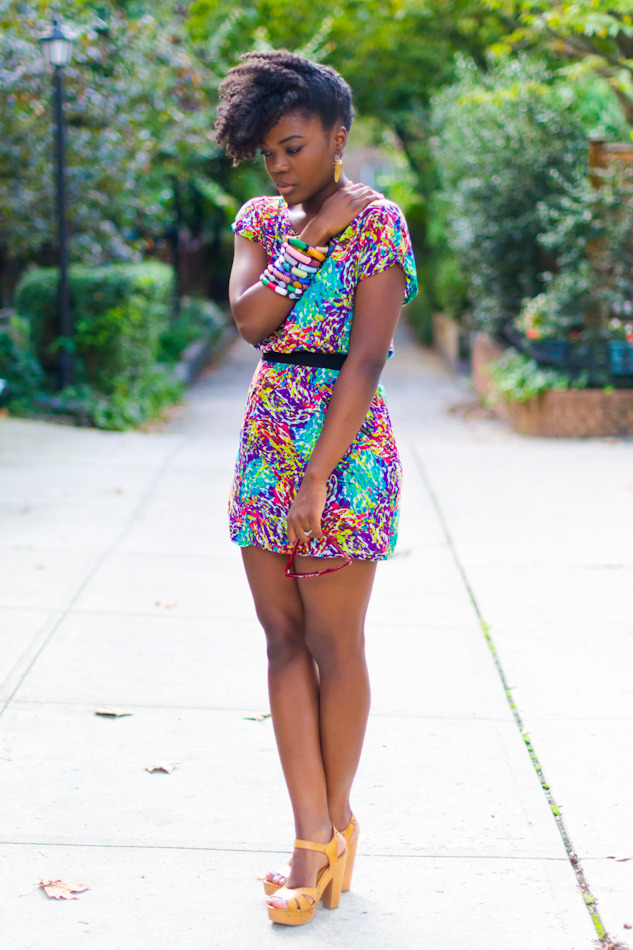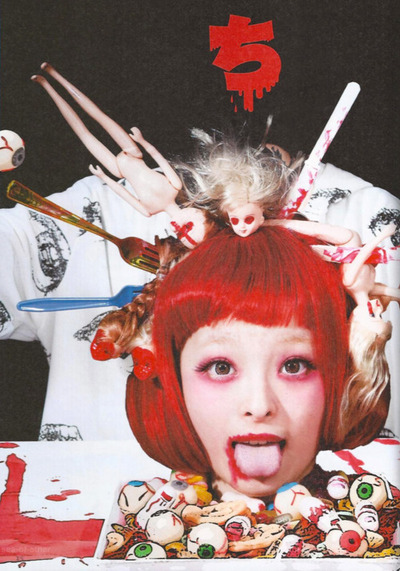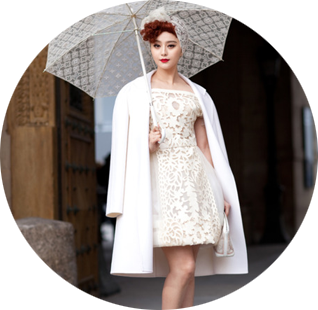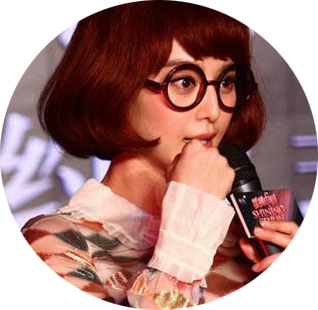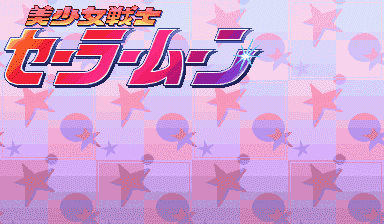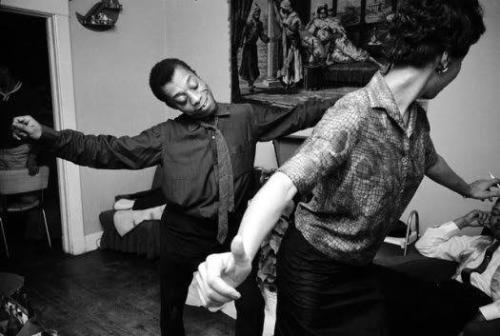(originally posted on my tumblr)
Eline and I have had on and off conversations regarding the cute aesthetic for a couple of months. I was reminded yesterday when my boyfriend jokingly referred to me as tsudere and then it delved into a serious conversation about how cuteness could possibly be a subversive thing depending on what is going on (he tried to argue that Kyary Pamyu Pamyu was not subversive, and someone that Jun Togawa would be against, but I argued the opposite).
I think cuteness is a bad thing when its infantilizing. See Hayao’s Miyazaki’s comments on moe and otaku fetishization of cute lady and girl characters in anime/manga/idol culture:
It’s difficult. They immediately become the subjects of lolicon fetishism. In a sense, if we want to depict someone who is affirmative to us, we have no choice but to make them as lovely as possible. But now, there are too many people who shamelessly depict [such heroines] as if they just want [such girls] as pets, and things are escalating more and more.
In Western culture, it’s a bit different, but of the same thing. Julie Klausner wrote an article on Jezebel that criticized white women who adopted aesthetics associated more with children than adults. Engaging in childhood nostalgia, buying bird necklaces, enjoying rainbows and My Little Pony takes away agency from white women, and positions them in way to be taken less seriously so they can obtain sexual union from white men, who want infantilized white women because they are easier to control/less threatening.
White women who are labeled as infantilized also come with another layer to their identity: they are sexualized. To be an adult white woman who is cute is to also fit into the Lolita fetish: pig tails, messy make-up, a natural nympho offered for white male pleasure to be used and abused (consensually, but in pornographic images, the idea is consensual non-consent: to pretend to not consent to any sexual act/fake rape). Derivatives of this Lolita fetish can include age play, pet play, and the Daddy/daughter deriative of the Dominance and submission dynamic.
So what does cuteness look like if it is subversive? In my opinion, the person who is commanding the aesthetic must own it: they must simply command it – they wear cuteness rather than cuteness wearing them. To be subversive in cuteness, the person mold it into their own being, so when people address them or think of them, they think: “this person is so cute, and they do this,” rather than simply thinking “they are cute.” Cuteness becomes subversive when it is unflattering, ugly, and/or uncontrolled. Although Nicki Minaj is sexualized because she is a black woman, she uses cute aesthetics, but molds it into something uncontrollable, unflattering, or ugly so it cannot simply be stated as cute. It is subversive because it is challenging. Björk is cute, but a challenging form of cuteness because she is not afraid of presenting that cuteness into a form of ugliness, in both her music and style presentation. Subversive cuteness demands self-agency and self-responsibility: those who engage in it do not shy away from being cute; it is owned and becomes something of their own.
Cuteness can be subversive when it is used by those who may not identity as girls or women, are not white, are not small in body size, visibly queer, or are not conventionally attractive. This isn’t to say that those who are most assaulted by unchallenging cuteness (attractive looking skinny white women or young lady adults) cannot be subversive; it is easier to see the subversiveness of cuteness when it is not on their bodies as their bodies are default for cuteness.
Cuteness may have usefulness in some circumstances. Although brown and black women cannot use the politics of respectability to avoid the stereotypes of being sexually aggressive Jezebels or Sapphires or Spicy women no matter what they do, cuteness may be seen as a weapon to mitigate those attacks: because women of color (excluding East Asian women) are scripted as inherently sexual, it may bring the subject/voyeur (read: society) into a troublesome gaze when they cannot view the objects (brown and black women of color) as sexual because they are non-sexualized when they perform cuteness. As already stated, cuteness may also be useful in distorting the body: so things known as cute, such as bright colors, cartoon characters, certain shapes and cutes, may distort the body into being cute, but also ugly and challenging. For the wearer, it is cute, but for the viewer, the presentation may be bizarre, unsettling/uncomfortable, ugly, or reminiscent of old age (older women fall into the category of being unsexualized because they do have youth as sexual currency). Old women, therefore, can be seen as cute, and can be subversive.
White feminists and those who identify with mainstream feminist movement must rethink the usefulness of cuteness. Although femininity has historically been used as a way to control women and put them into the position of weakness, femininity may also be employed in a useful way to mitigate those social and cultural scripts. Critiques of cuteness often exclude the experiences of women of color, those who aren’t women, queer people, and those who are not skinny. To be critical is to examine with many pairs of glasses, not just those that are expedient.

